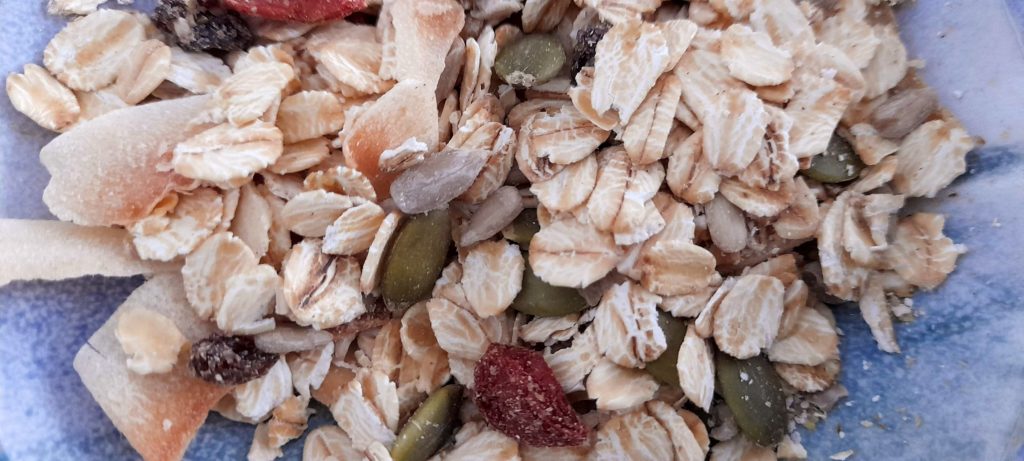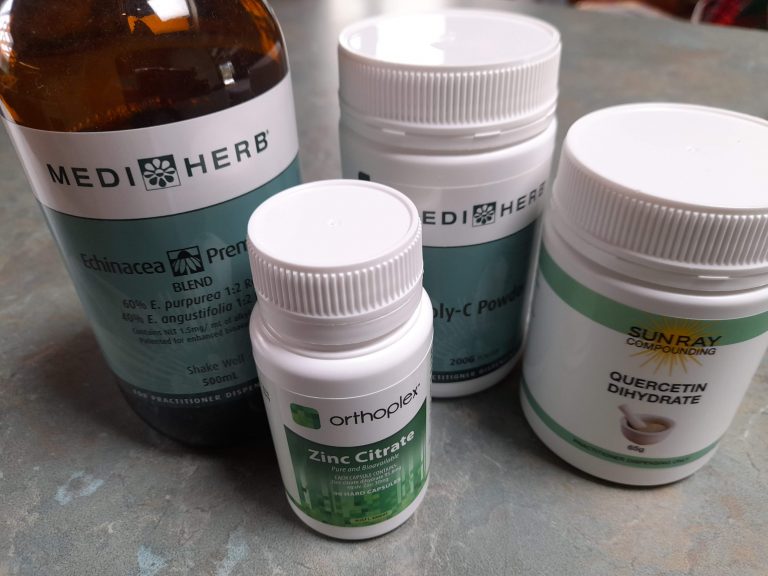How to maximise your memory AND your family’s health
“It’s no fun getting old, dear…”
Jean M, 74 (and 80 and 85 and 88)
That’s what one of my Babyboomer patients remembers her ageing mother saying repeatedly through the last decade of her 90 years in this world.
Ageing isn’t the greatest – but we don’t have to be helpless victims. There is a lot we can do to make our lives – especially in our later years – better.
I was reminded of this in reading this newsletter on ageing and memory: Six Healthy Lifestyle Habits Linked to Slowed Memory Decline.
And when I read those Six Habits – guess what?
They’re very much the same Six Habits that protect against:
- Heart disease
- Stroke
- Depression
- Anxiety
- Type 2 Diabetes
- Muscle loss
- Symptoms of ADHD, ASD, OCD and other neurodiversities
- Osteoporosis
Those Six Habits WILL NOT surprise you. Here’s the list – including how they were measured:
Association between healthy lifestyle and memory decline in older adults: 10 year, population based, prospective cohort study, British Medical Journal 25 January 2023
- Physical exercise (weekly frequency and total time)
- Smoking (current, former, or never-smokers)
- Alcohol consumption (never drank, drank occasionally, low to excess drinking, and heavy drinking)
- Diet (daily intake of 12 food items: fruits, vegetables, fish, meat, dairy products, salt, oil, eggs, cereals, legumes, nuts, tea)
- Cognitive activity (writing, reading, playing cards, mahjong, other games)
- Social contact (participating in meetings, attending parties, visiting friends/relatives, travelling, chatting online)
It’s a system failure, NOT your personal inadequacy
Let’s be real here – “living healthy” is not as easy as it used to be. Our “normal” 21st century industrialised lifestyle is actively destructive to our health. But that doesn’t mean we’re doomed to a long and painful decline.
A stand-out message of Magda Szubanski’s Big Health Check on ABC TV last year was “it’s the system, not us”.
In 2023, most of us live in a system that might as well have been purpose-designed to make us sick – AND to make ageing a terrifying, debilitating process. One of the core realisations Magda gained – backed up by the science – was that an industrial diet and sedentary lifestyle were major causes of ill health AND that we still have the power to make a difference.
Even better, making the effort does not only protect our individual future from memory loss and heart disease, it also protects our families against a whole range of health conditions from obesity to depression.
Yes, it’s the system – so a whole of community approach is gradually evolving to resist the systemic “conspiracy” to make us sicker.
There’s also an evolving lifestyle culture that includes changing our language – so that we aim to keep our weight stable, not “lose weight”. We can aim to “eat a healthy, plant rich diet” and “live an active life” – not “diet” and “exercise”.
These things ARE under our control so – with some of effort – learning how to modify them not only protects adults from the worst impacts of ageing, it also helps their families avoid the toxic effects of 21st century life.
The top 3 lifestyle habits to focus on
The study on which the Six Habits article was based identified a “top three” of habits for maximising memory function:
- A healthy, varied, Mediterranean-style diet – one rich in vegetables, fruit and variety.
- Active cognitive activity – such as writing, reading, playing cards, mahjong, and other games – at least twice a week.
- Regular exercise – at least 150 min of moderate or 75 min of vigorous activity per week.
In this post I’m going to explore some useful strategies and tactics – the HOW – for escaping industrial food. I’ll follow up in a separate article with strategies and tactics for disrupting sedentary habits and increasing cognitive activity.
Getting off the industrial food treadmill
Create some easy “metrics” for healthy eating
Stop “winging it” and measure what you eat with a few straightforward numbers.
Treat super-processed takeaway foods as a treat max twice per week.
Set a process goal like:
5 serves of vegetables and 2 serves of fruit each day.
This is actually harder than many people think, and my list of tips is here: Meeting the “more veg” challenge
Add some play to the process
Challenge your family and friends to see how many different whole plant foods you can consume in a week! 30 is great, 40 even better. it sounds a lot, but it includes:
- a teaspoon of herbs in cooking a soup
- a sprinkle of fresh coriander or parsley as garnish
- making a super-healthy muesli with lots of good ingredients
- make some healthy treats at home – you’ll be surprised how quickly you can up your total.

Have a “new veg” challenge. Pick up a vegetable at the shop that seems totally foreign to you and look up recipes for it. Post the result on social media and ask for other ideas.
Have themed meals – explore cooking with other cultural ideas like:
- Indian curry made with spices from scratch
- Mexican corn and bean fritters
- Greek salads with lentils and fetta cheese.
Avoid as many packaged foods as possible
Keep packaged food to a minimum, and read the back label (take a magnifying glass, use your phone to magnify them or research at home on your PC first).
Check ‘sugars’ – and count every 4gms sugar as 1 teaspoon of added sugar in your life. If the “one serve” number for sugar is 16gms, that means you are eating 4 teaspoons of sugar!
(This gives me a reality check – and motivates me to look for equivalents with less sugar in : )
Get support and advice
This is a systems problem – not your failure. So expecting to master it alone is unrealistic. Create a healthy-living network around you.
There’s no one rule as to “what specifically” – because we each have our own genes, our own location, our individual gut microbiota and individual life history.
Add in that many foods from industrial farming are grown in nutrient depleted soils, so even a healthy diet may not be enough to meet your body’s needs.
If you’re struggling, it could even be a pre-existing condition impacting your brain’s executive function or emotional state. In that case, it’s well worth consulting your friendly neighbourhood naturopath (or one in your global neighbourhood, thanks to the internet).
Get in touch through my Contact Page, if you’d like support as you become a quiet “health insurgent”



